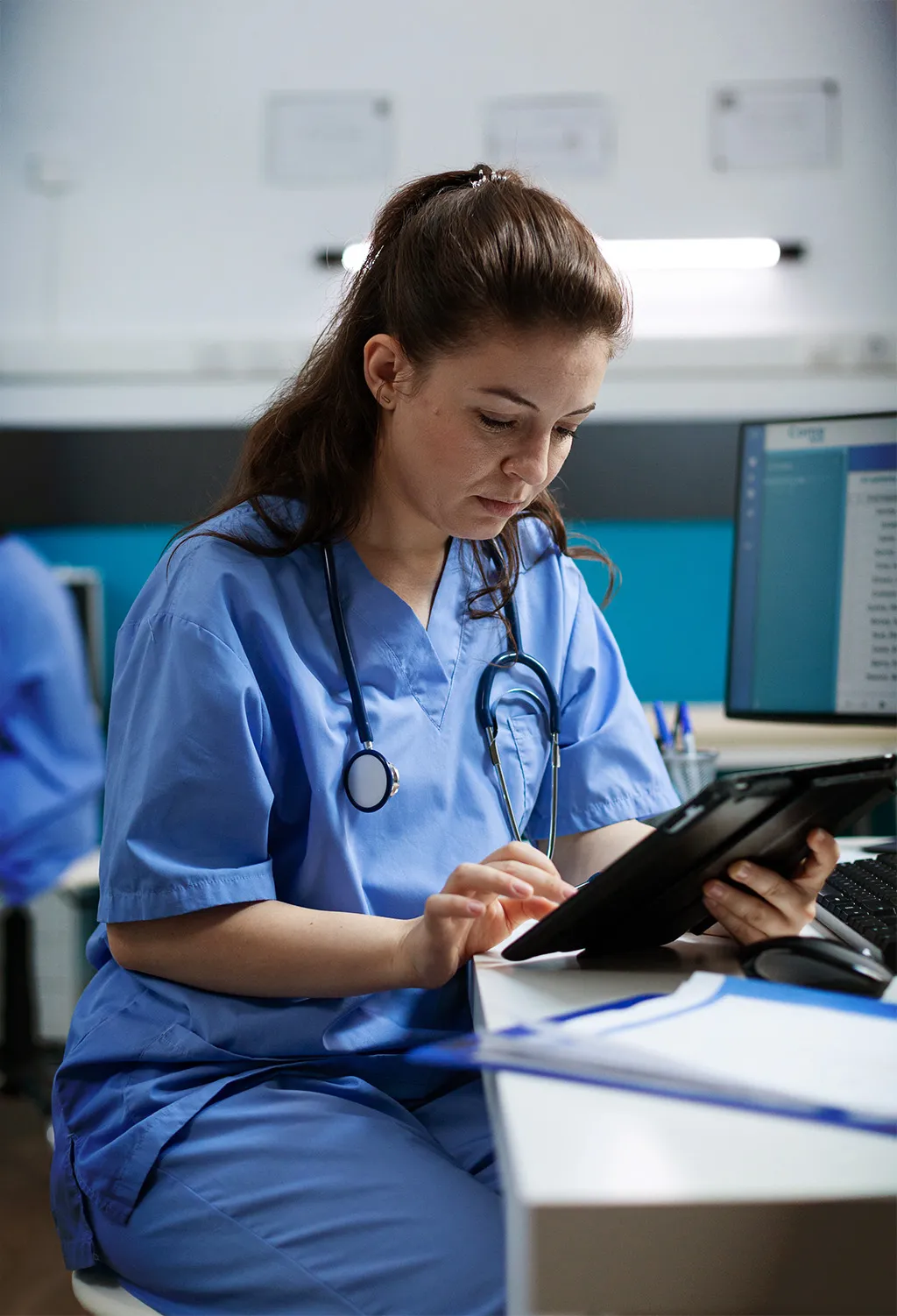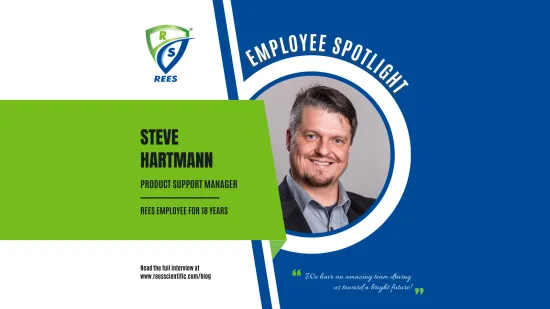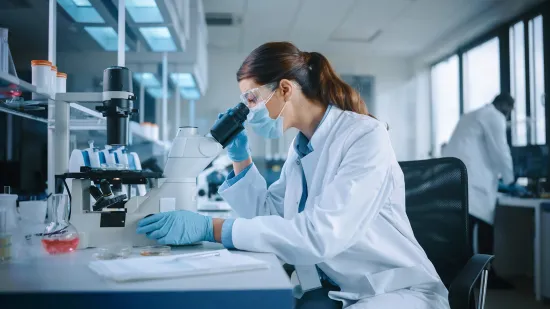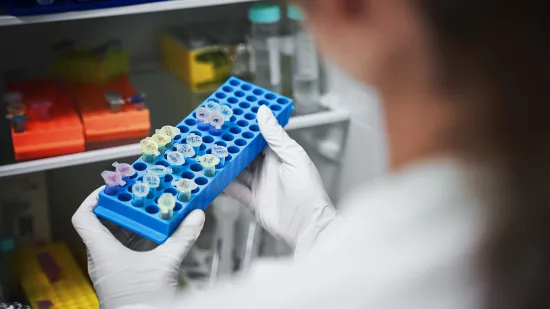EMS
Environmental Monitoring in Hospitals: One System for Every Department
Author: Gagan Kaur
Oct 17, 2025

Hospitals are among the most complex organizations in healthcare. Each department, from pharmacies and blood banks to operating rooms and dietary services, plays a vital role in protecting patients and ensuring care runs smoothly. While their functions may differ, they all share one common need: reliable environmental conditions.
When cold storage units, labs, or workspaces drift outside of required ranges, the consequences are serious. Medicines may lose potency, blood units may be discarded, or surgical environments may fall outside sterile conditions. Even in areas like dietary services, where meals are prepared for vulnerable patients, environmental stability matters.
This is why hospital environmental monitoring has become a foundation of modern operations. It’s not just about compliance, it’s about safety, efficiency, and trust.
Pharmacy: Protecting Medicines that Save Lives
Hospital pharmacies store and prepare some of the most sensitive therapies, including vaccines, chemotherapy drugs, and compounded medications. These treatments must be kept within narrow temperature ranges to remain safe and effective. A deviation, even for a short time, can affect quality and delay patient care. Standards such as USP <797> and <800> highlight just how critical proper storage and oversight are. Continuous monitoring and alerting give pharmacy teams assurance that every dose dispensed remains stable and effective.
Blood Banks: Confidence in Every Unit
Blood is one of the most tightly controlled resources in healthcare. Small shifts in temperature can mean the loss of valuable units, impacting both patient outcomes and hospital supply. Standards set by organizations such as the FDA and AABB emphasize the importance of continuous monitoring for storage equipment. Automated oversight allows blood banks to act quickly, preventing waste and ensuring every unit is available when needed.
Laboratories and Research Facilities
Hospitals operate diverse laboratories, from pathology and microbiology to advanced molecular and research labs. While their exact requirements vary, all share the need for accuracy and consistency. Standards from organizations such as CLIA and CAP underscore the importance of reliable conditions to ensure valid results. Continuous monitoring protects tissue samples, reagents, and research materials, helping labs maintain integrity in their work and supporting the discoveries that lead to future therapies.
Operating Rooms and Surgical Suites
Surgical environments depend on precise control of temperature and humidity. Deviations can affect sterile conditions and pose risks during procedures. Monitoring provides assurance that conditions remain within target ranges, protecting both patients and surgical teams.
Nutrition and Dietary Services
Though less visible, dietary services play a critical role in patient health. Meals, formulas, and supplements must be stored safely to prevent spoilage or foodborne illness. Environmental oversight extends to these areas too, supporting safe, high-quality nutrition for patients.
Why Hospital-Wide Monitoring Matters
Hospitals are often challenged by silos, with different departments using separate tools and processes. But environmental risk doesn’t stop at departmental lines. A fragmented approach can leave gaps in protection, increase costs, and create inefficiencies.
What hospitals truly need is a unified hospital monitoring solution: one system that provides visibility across all departments, supports compliance where required, and delivers confidence everywhere else.
Where Rees Scientific Fits In
For more than 40 years, Rees Scientific has helped hospitals protect the medicines, blood, research, surgical spaces, and nutrition services that patients depend on. Our monitoring system provides continuous oversight, real-time alerts, and automated records across every department. We’re backed by 24/7/365 support from the industry’s largest service team.
With Rees, hospitals don’t need to manage fragmented systems. They gain one platform, one record of truth, and one trusted partner.
Common Questions Hospitals Ask
Do hospitals need different monitoring systems for each department?
No. A single system can cover pharmacies, blood banks, labs, operating rooms, and food services, all from one platform.
Is monitoring only about compliance?
Not at all. While compliance is critical in areas like pharmacies and blood banks, other departments also depend on monitoring to protect patients, research, and operations.
What happens if conditions go out of range overnight?
Immediate alerts allow staff to respond quickly before a problem becomes a loss.
How does monitoring support patient safety?
By keeping medicines, blood products, and nutrition supplies within safe ranges, monitoring helps ensure patients receive treatments and meals that are both safe and effective.
What kind of support do hospitals get?
Hospitals receive around-the-clock support, 24 hours a day, 7 days a week, 365 days a year. From installation and calibration to emergency service and ongoing maintenance, we provide comprehensive coverage every step of the way.
Closing Thought
Hospital environmental monitoring is more than a regulatory requirement. It protects patients, preserves critical resources, and strengthens every department that keeps a hospital running.
One system. Every department. Complete protection. Learn more about how Rees Scientific supports hospitals. You can also contact Rees for a consultation on how to improve your facility’s systems.



